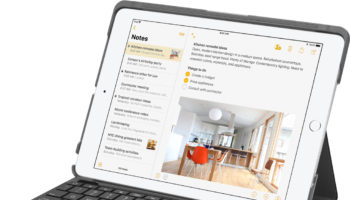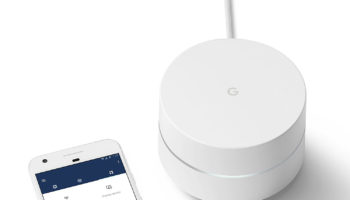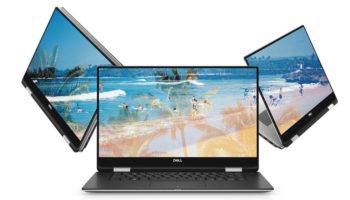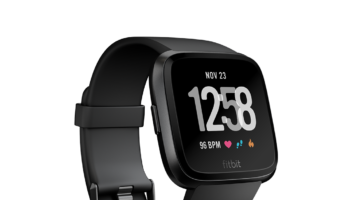There are two types of mobile broadband: contract and pay as you go (PAYG). When making your purchase, the first thing you should establish is how often will you use it? If you’re thinking of logging on everyday a contract may suit you. If you’re an infrequent user, then consider PAYG.
A major consideration is your location when logging on. Not all providers cover the all of the U.K. The postcode you are in when you plan to use your mobile broadband may be a factor in deciding who to purchase from. If you plan to use it in multiple locations, check out who provides the most coverage.
Your next consideration is speed. Top speeds are currently up to 7.2mb for contract dongles and up to 3.6mb for PAYG. There are download limits of between 1 and 15gb, depending on the tariff you purchase. If you consistently exceed the download limit your speed may be squeezed, or you may be subject to extra charges. Each company differs in their policy and the details will be in the small print.
Contracts run from anything between 1 month and 2 years with the longer contracts offering the faster speeds, bigger download limit and cheaper face-value prices. Of course, the downside is you are locked into a particular price for a given time period.
All providers offer free laptop deals when you sign a contract. The general rule is the better the laptop, the higher the monthly tariff, but you can find some good machines hiding in the mid-price range. Netbook deals are also available if you want a smaller machine. Investigate the package, however, as not all deals provide you with a comprehensive operating system. The Windows Starter Package is popular for netbooks deals, but has limited capabilities, essentially making the machine a glorified browser.
A PAYG dongle usually requires an investment in the hardware – the dongle itself, and a minimum spend on credit to set up. Most dongles cost around £20 with between £10 and £20 of credit required to begin. T-Mobile allows customers to pay a daily rate for surfing the internet, while Vodafone asks its customers to purchase data limits at £15.32 for 3gb.
Consider what sites you intend to visit. If you’re frequently streaming video on youtube or BBCiPlayer, you’ll reach your download limit quickly, so a PAYG may not suit your needs.
Tip:
If you’re in a remote area, check with the providers’ technical department that there is coverage in your location. The sales person only has a broad analysis of coverage available to them, but you will want to know if there is actual signal, or broadcast cells, in your area before purchasing. The sales person will argue, politely – that’s their job – but from your point of view, getting a refund on a dongle loaded with credit that you can’t use will be a headache. Mobile communications companies are very resistant to parting with money. This tip comes from personal experience.
About the author: Marie-Paule Graham writes on behalf of www.broadbandgenie.co.uk, the independent comparison website for broadband, mobile broadband and smartphones.






Mobile broadband is one of the best options for those living in rural areas of the UK. Sometimes it isn’t always available so it is a very good idea to check the coverage maps. Great article!